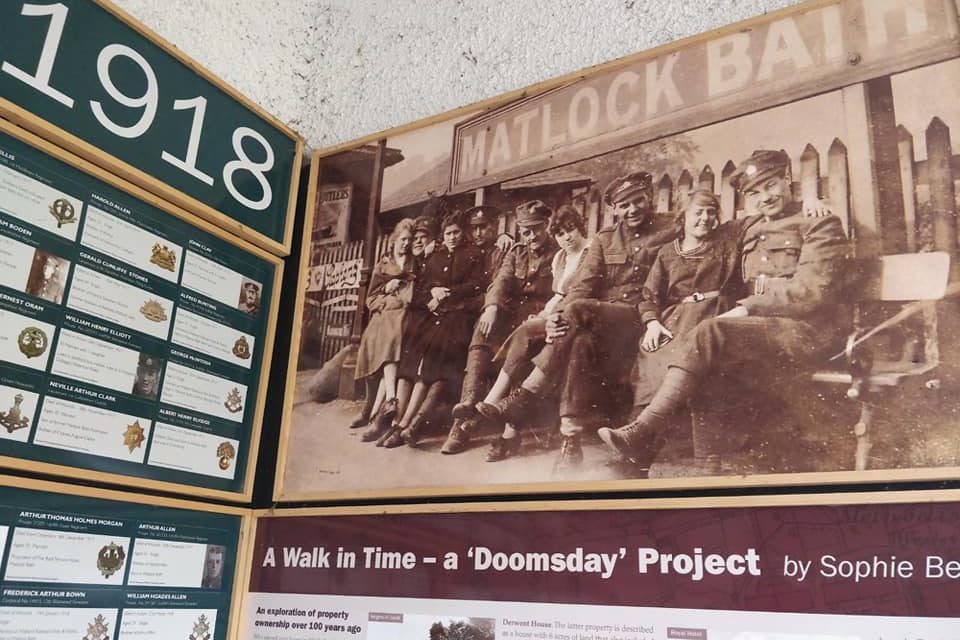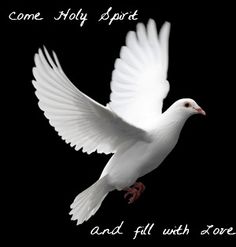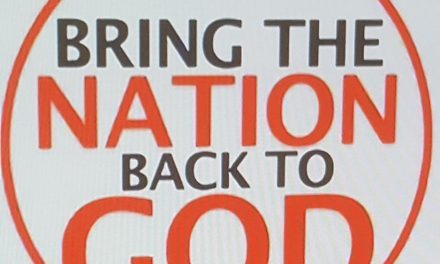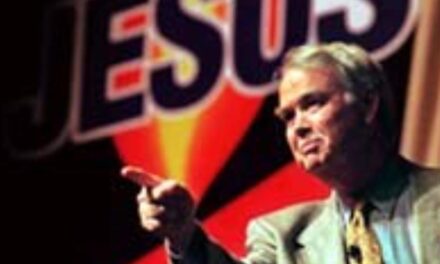“Darkness cannot drive out darkness; only light can do that. Hate cannot drive out hate; only love can do that. Hate multiplies hate, violence multiplies violence, and toughness multiplies toughness in a descending spiral of destruction….The chain reaction of evil – hate begetting hate, wars producing more wars – must be broken, or we shall be plunged into the dark abyss of annihilation.”
– Martin Luther King Jr.
War has not just been history but a part of many peoples lives. The two World Wars of the 20th Century were not a consequence of great movements or tides, but were stumbled into by people who could not see what lay ahead; stumbling that led to the deaths of countless people who had no hand, act or part in causing the conflicts but who paid with their lives in the wars that followed. Beyond Armistice or Veterans Day, Re-membering at 100, 11-11-2018, the centenary of World War 1 is not just another opportunity to remember all those who have fallen in wars present and past but a call to stop war and to stop exporting war equipment to developing nations. Many will have a personal memory of losing a member of your own family or friend, but for others it will be an inherited memory, passed on from one generation to the next. To live in peace it is important to remember the cost of war. According to history, the most compelling outward sign of our remembrance is the simple red flower, the Flanders Poppy. It has become the symbol of the Royal British Legion, but more than that, across the world, it has come to represent the sacrifice made by all those men, women and children who have given their lives in conflict.
From early history, flowers have become symbols; Clover leaf for the Holy Trinity – Father, Son and Holy Spirit, Lilies for purity, Roses for love and for England, Daffodils for the Marie Curie charity and for Wales, Thistle for Scotland and the Shamrock for Ireland. But, how was the Poppy chosen as the universal symbol of remembrance?
The use of the Poppy as the universal symbol of remembrance began with a death, the death of a friend of a man called John McCrae in 1915 in Belgium. While on his kneel at the grave of his friend, he wrote a poem:
In Flanders fields the poppies blow
Between the crosses, row on row
That mark our place; and in the sky
The larks, still bravely singing, fly
Scarce heard among the guns below.
We are the Dead. Short days ago
We lived, felt dawn, saw sunset glow,
Loved and were loved, and now we lie
In Flanders fields
As a result, the scarlet poppy quickly became the symbol for soldiers who died in battle.
The scarlet poppy became the symbol for soldier who died in battle and in 1921, the British Legion began the Poppy Day Appeal to raise money for poor and disabled veterans. The appeal serves to maintain our awareness of our past, and present, in order that our prayers for peace, and the future of our families, our children and grandchildren, will be fulfilled.
Those who forget history are condemned to repeat it. Re-remembering at 100 and beyond Armistice or Veterans Day is a time to read, reflect, remember, proclaim, and protect the values of those who have fallen, those who served and those who continue to serve. Before, we were remembering the old whereas now people are remembering recent conflicts which have been going on for long. Remembering their sacrifices is to make sure that the lessons of history are not forgotten. According to the quotation about sacrifice by Albert Pine, “What we do for ourselves dies with us. What we do for others and the world remains …’ The freedom, values, peace, and prosperity they sacrificed their lives for remains with us. Therefore, the one moment’s silent reflection on Remembrance Day ‘at the 11th hour of the 11th day of the 11th month’ of every year is a refusal to remain silent but a call to be part of the change in a world that is deeply broken and divided because of human violence, pride and unforgiveness. Hence, ‘Lest we forget,’ is not just a reverential silent reflection or keeping war memory alive but keeping the mission and movement for world peace alive; a unique opportunity to mediate on the way of peace. God calls us to look to Jesus, who is the Prince of Peace. In Jesus, God establishes peace in his world in unconventional way and not by physical battle.
As we celebrate and remember our military, especially on this first Sunday after a contentious US election, let us pray that that many of the nations with military powers will not succumb to the temptation to abuse the power which their armaments gives them. What is amazing in this fallen and divided world is not that a few fail to live up to the best of standards so as to promote peace. Re-membering at 100 beyond Armistice or Veterans Day calls us not to succumb to the world temptation and pride, drums of war, divisions, and conflict, but to surrender ourselves as true ambassadors of the Author of world peace, Jesus Christ.
On the celebration of Remembrance Day, Archbishop Cranmer challenged us to ‘mourn and repent. Just as Good Friday gives way to the hope of Easter Sunday, let us remember and celebrate the integrity and valour of our armed forces, and give thanks that … every sinner can hope for redemption thanks to that strange and inexplicable initiative of Christ that we call grace.’ As living souls, preserved by power divine and those military and civilians in the war graves stay dead, we are free to celebrate Remembrance Day as the past and present come together and become one. However, Re-membering at 100 provides us a reflection about eternity, a peaceful Communion, when the past, present and future come together (re-member) and it is beyond Armistice or Veterans Day.
Prayers for World Peace and Revival: Most gracious God and Father, in whose will is our peace and healing: turn our hearts and the hearts of all to Yourself, that by the power of Your Spirit, the peace and revival which is founded on righteousness, may be established throughout the whole world; through Jesus Christ our Lord. Amen.











Recent Comments